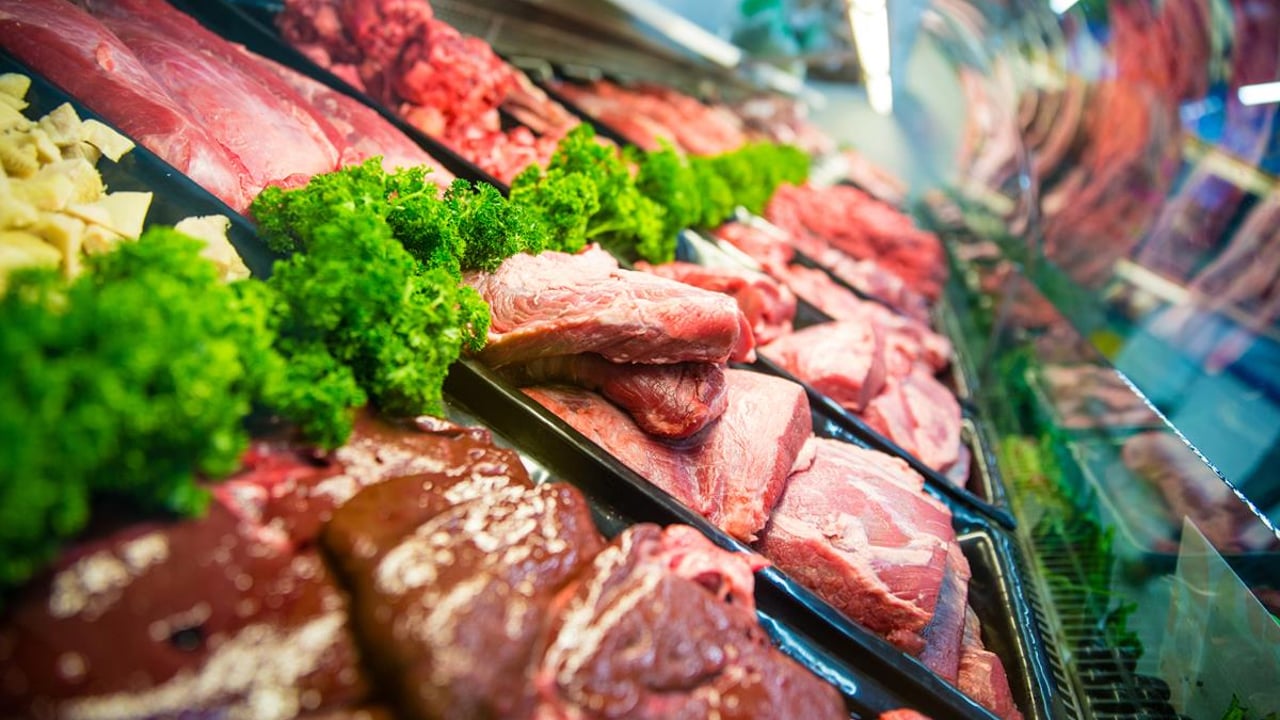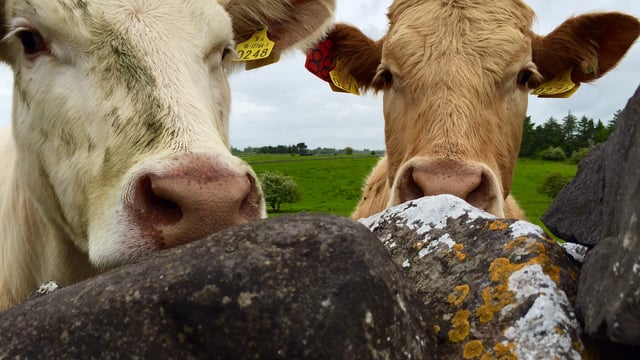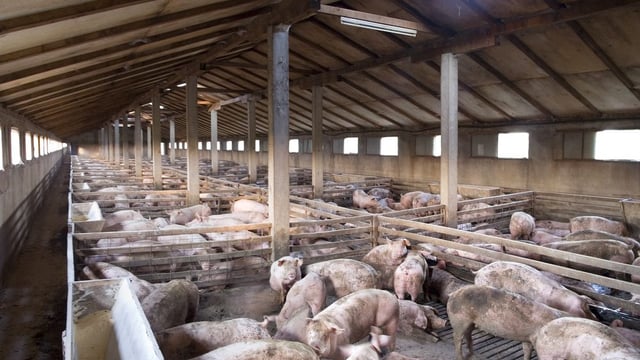Irish businesses reeling after Brexit, impact on agri-food sector severe - new survey shows
Irish businesses have been left reeling with many jobs already at risk after the Brexit vote, a new survey from business group Ibec states.
It also says that the currency crisis already on a par with 1992, could get much worse and that targeted measures needed to support thousands of export jobs.
Ibec analysis also found that the impact on UK focused export sectors, such as agri-food, will be particularly severe.
The analysis of the historical exchange rate and agri-food export relationship shows that a 1% weakness in Sterling results in a 0.7% drop in Irish exports to the UK. If Sterling was to weaken further towards the £0.90 mark, this would translate to losses of over €700 million in food exports and about 7,500 Irish jobs in that sector alone.
Ibec has demanded a decisive and immediate national response to the Brexit currency shock.
The survey found that the negative exchange implications of the UK vote is by far the biggest concern of business. Almost half (45%) saw this as the main threat.
Exporters are operating with a major competitive handicap in the UK market, while domestic firms are facing the prospect of cheaper UK imports grabbing market share.
Ibec Director of Policy Fergal O’Brien said the Brexit strain is manifest and intense.
“Without urgent action to address competitive pressures, hundreds of millions of euro worth of exports and thousands of Irish jobs will be lost.
“Individual businesses have been slow to talk publicly, but the feedback from members is clear and unambiguous. Businesses and jobs are already under threat.
“This is now a full blown currency crisis. For exporters, the speed of sterling’s decline is on a par with the 1992 currency crisis. Irish exporters to the UK are already 15% less competitive and things could get much worse. The problem demands urgent government attention.”
Key results from an Ibec survey of over 450 businesses on the impact of Brexit include:
- The main concern is the sharp fall in the value of sterling; almost half of all businesses saw this as the main threat (45%);
- Exchange rate volatility, weaker investor confidence, and competitiveness against the UK are the top three challenges identified;
- Cheaper UK imports was cited as the biggest risk by one third of respondents (33%);
- Only one in 10 (9%) of businesses have Brexit contingency plans already in place;
- Only one in four exporters (24%) have currency hedging arrangements in place and, for many, this protection will expire over the coming weeks and months;
- A renewed focus on competitiveness was identified as the most important Government policy response required.
O’Brien went on to say that an urgent and meaningful Government response is needed to address the immediate currency crisis and longer-term competitiveness challenge that Brexit poses.
“The UK will be more aggressive in its tax and investment policy once outside the EU. Ireland needs to match and exceed its offering.”




